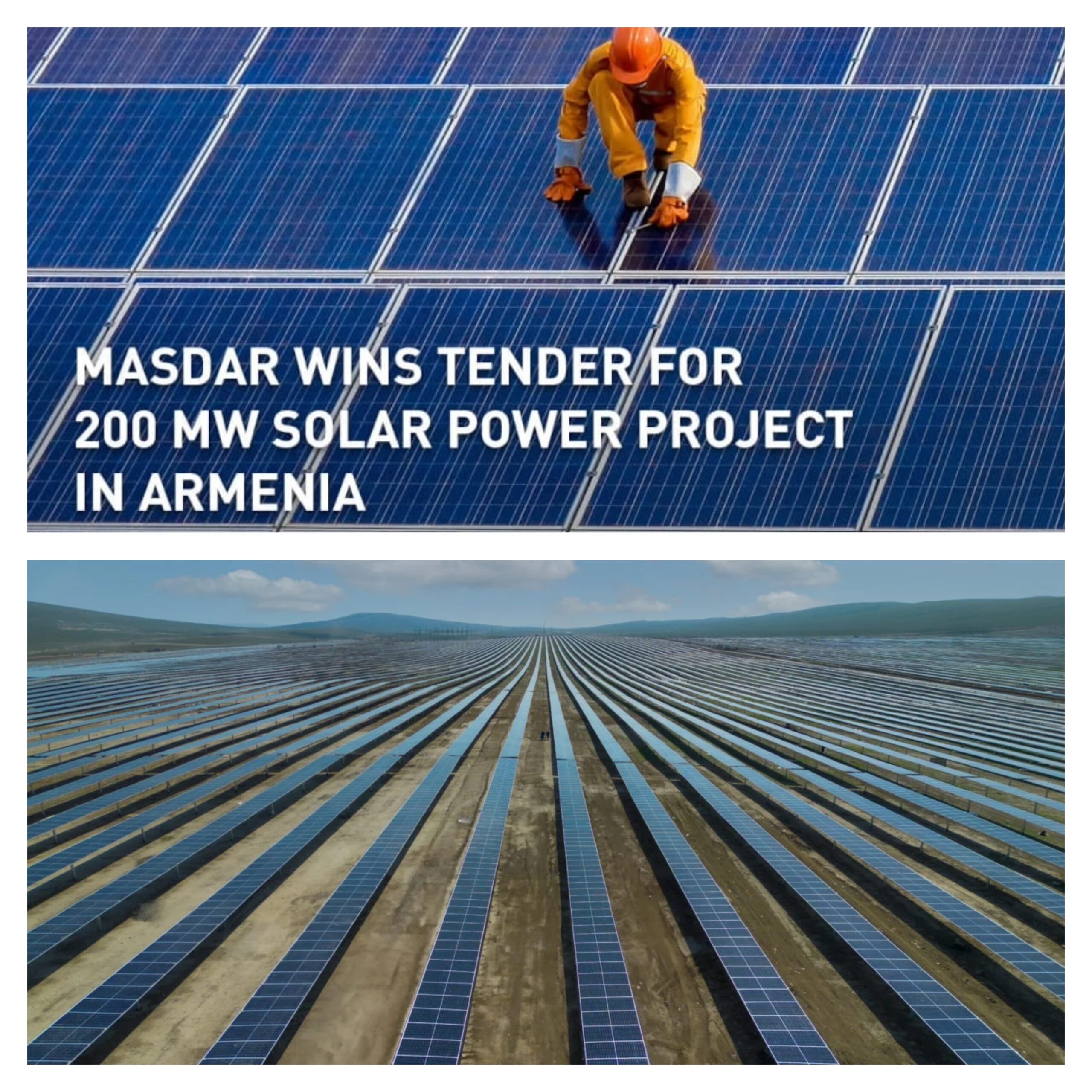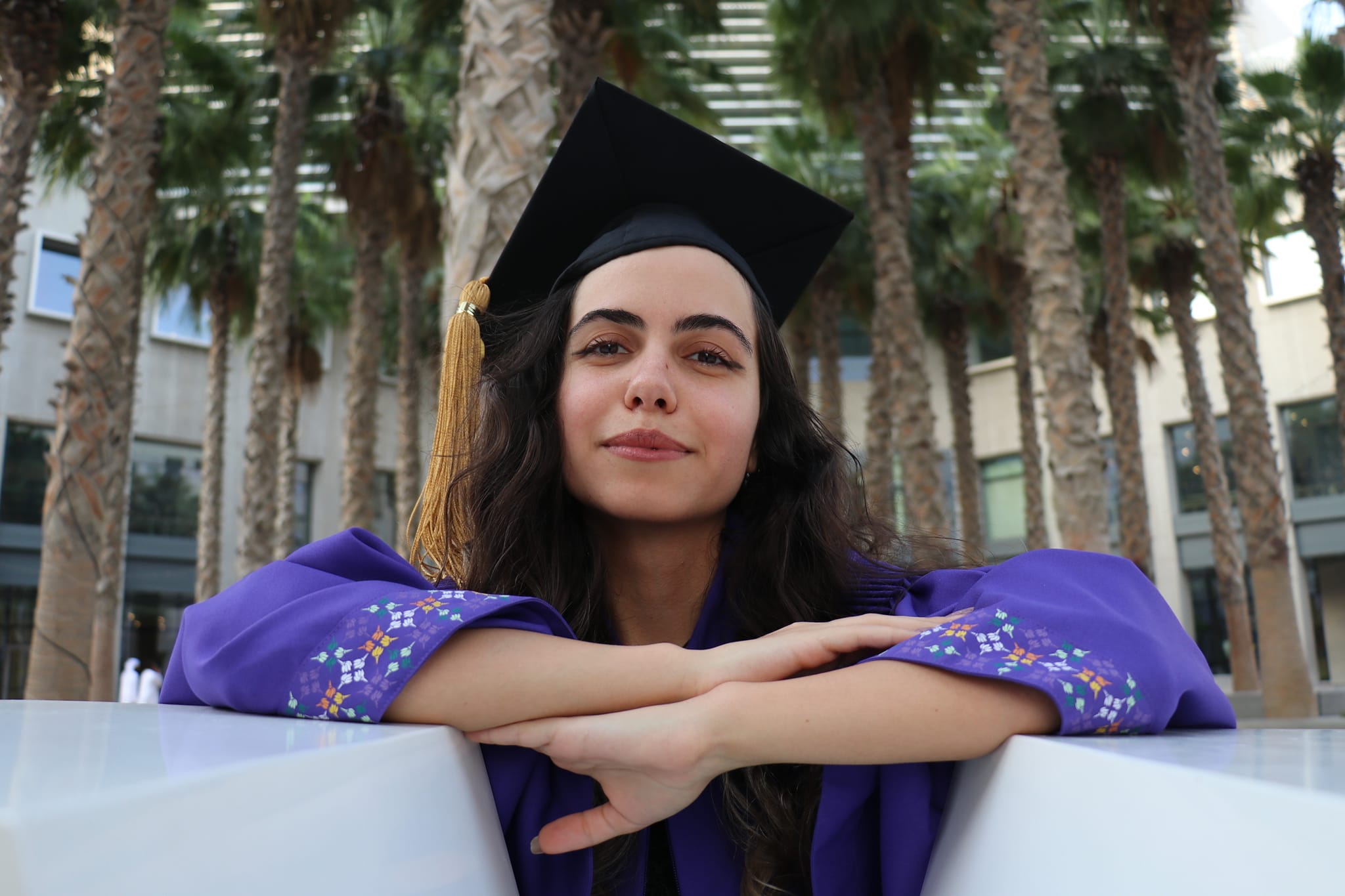Much of the Armenian population might assume that the country’s top foreign investor is Russia. Others might believe it’s the European Union. However, few people would ever think that in 2023 Armenia’s top foreign investor was the United Arab Emirates (UAE).
Since the establishment of diplomatic relations between Armenia and the UAE in 1998, the two countries have worked together to strengthen bilateral relations. In 2023, the UAE was not only the largest source of foreign direct investment in Armenia but also Armenia’s second-biggest trade partner when it comes to merchandise sales. Armenia’s trade with the UAE increased significantly in 2023, growing by approximately four times in comparison to 2022. The total trade turnover with the UAE reached as high as $2.3 billion in 2023, a significant increase from $500 million in 2021.
In 2023, total exports to the UAE from Armenia amounted to $2.2 billion, while imports to Armenia amounted to $620 million. Last year, 96.3 percent of Armenia’s exports to the UAE consisted of the following types of products: unwrought or semi-wrought gold, gold dust, jewelry, diamond stones, cigarettes and cigars. In 2022, these products accounted for 98.7 percent of exports.
Imports to Armenia have mainly consisted of passenger cars, diamond stones, telephone spare parts, modems and jewelry. Overall, these accounted for about 60 percent of goods imported from the UAE to Armenia in 2022 and 2023. In 2023, $1.6 billion worth of goods were re-exported from Armenia to the UAE, including unwrought gold ($1.3 billion), diamond stones (300 million) and material in unwrought, semi-unwrought or powder form ($32 million), according to Armenpress.
More than 30 cooperation agreements have been signed between the two countries in areas of investment, elimination of double taxation, trade, legal assistance, agriculture and security, among many others, according to the Center of Arabic Eurasian Studies.

In late 2023, a UAE-Armenia business forum took place in Yerevan. The event was attended by distinguished guests and high-level delegations from both sides, including the Armenian Ministry of Foreign Affairs; a delegation led by Abdullah Al Mazrouei, chair of the Federation of UAE Chambers of Commerce and Industry; and representatives of nearly 100 Emirati companies and 200 Armenian companies from all major economic sectors. During the forum, areas of cooperation between Armenia and the UAE were discussed, and potential pathways and mechanisms for increasing trade and investment cooperation were identified.
While, at first glance, these collaborations portray a positive picture of economic relations between Armenia and the UAE — which should have long been the case, given the years-long friendship between the two countries — the reality is unfortunately not as ideal.
The establishment of the Armenian national airline Fly Arna through cooperation between Air Arabia and Armenian National Interests Fund (ANIF) governmental agency, coupled with the abolition of entry visas as well as the launch of low-cost flights, all aimed to develop tourism. Indeed, the number of Emirati tourists visiting Armenia grew as a result, reaching 7,751 tourists in 2022.
However, throughout the summer of 2024, Air Arabia, which is the largest low-cost airline in the Middle East, announced a few times its plan to sue the Armenian government after the collapse of this joint venture. According to RFE/RL’s Armenian service, “Fly Arna was equally co-owned by Air Arabia and the Armenian National Interests Fund (ANIF), with each of them having invested 4.4 billion drams ($11 million) in its operations. Earlier this year, Prime Minister Nikol Pashinyan said that the joint venture went out of business because of failing to compete with other carriers.”
No other explanation was provided about why Fly Arna halted flights and moved all its planes to the UAE, after only a few years of operations and “after ANIF poured some $11 million of public money into the airline.” What is even more concerning is that Fly Arna employees told Hetq, a local investigative Armenian news site, in May 2024 that “they had not been paid since March, despite Armenian law requiring employers to give severance pay.”
Another failed project is the 2021 launch of a major investment project by the Abu Dhabi Future Energy Company (Masdar), in cooperation with ANIF. This initiative aimed to build a 200-megawatt solar power plant in the Aragatsotn region and contribute to the rise of clean energy and sustainable development in Armenia.
PM Pashinyan’s government decided to liquidate ANIF last year. Launched by the Armenian government in 2019 to attract foreign investment, ANIF’s biggest achievement was the mysterious 2021 deal with Masdar. However, this never came to reality, and Masdar seems to have put the $174 million project on hold.
The facility was expected to be built by the end of 2023, but as of this writing, there are no traces of construction or preparations for construction. With the dissolution of ANIF, the construction of Masdar’s solar power plant is farther from reality than ever. The events revolving around ANIF were so scandalous that, months before its dissolution, the International Monetary Fund commented on alleged mismanagement, urging Armenia to take steps to improve transparency and governance at the agency.
It saddens me that the biggest investment projects of one of Armenia’s top foreign investors, the UAE, have failed. Whether or not Air Arabia will sue Armenia, or Masdar’s solar project will one day become a reality — these are not my biggest concerns. It is the reputation that we are building as a country when it comes to foreign investments and international partnerships. Investors look for stability, commitment and reliability, and coming across investment stories like these could leave them disappointed about investment opportunities in our country.
My hope for Armenia is to restore its reputation among existing and potential investors — both local and international — as these investments can transform our economy and development path. Both individuals and governmental entities should strive to make Armenia an attractive state for tourism, education, job opportunities and investment partnerships. In the complex geopolitical situation we face today, we can’t afford to lose important economic partners like the UAE. It was heartbreaking for me to read this article published in June 2024 titled, “Masdar starts building 760MW solar PV projects in Azerbaijan,” and see how our adversary manages to do what we failed to do.
It is time to start prioritizing national interests over personal gains. Otherwise, we’ll cede economic partners to the adversary in a similar fashion as we cede lands.



Be the first to comment